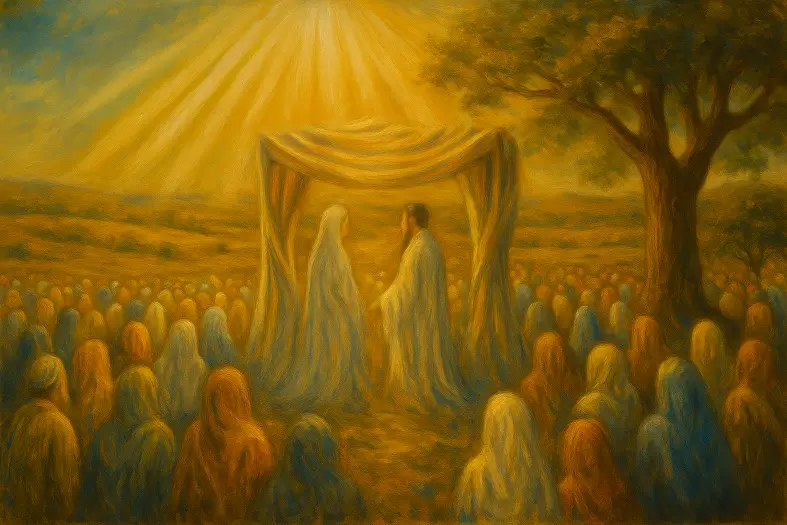


Forbidden to prevent third-generation Edomite converts from marrying into Israel.
This mitzvah prohibits excluding Edomite converts from joining the Jewish people once they reach the third generation. Although the Torah restricts the first two generations, the third is explicitly permitted, ensuring fairness and preventing permanent exclusion. The Torah reminds us that the Edomites are our kin, descendants of Esav, and therefore must not be treated as permanently alienated once they have accepted Hashem’s covenant.
Commentary & Classical Explanation:


Mitzvot that strengthen communal life — showing up, participating, supporting, and belonging. Community is where holiness is shared, prayers are multiplied, and responsibility becomes collective.
Mitzvot that uphold fairness, honesty, and moral responsibility. Justice is kindness structured — ensuring that society reflects G-d’s order through truth, equity, and accountability.
Empathy in motion — responding to another’s pain with sensitivity, patience, and understanding. Whereas chesed gives broadly, rachamim responds gently, tailoring care to a person’s emotional or spiritual needs.
Tied to the eternal covenant between G‑d and the Jewish people, including signs like brit milah and Shabbat.

Dive into mitzvos, prayer, and Torah study—each section curated to help you learn, reflect, and live with intention. New insights are added regularly, creating an evolving space for spiritual growth.

Explore the 613 mitzvos and uncover the meaning behind each one. Discover practical ways to integrate them into your daily life with insights, sources, and guided reflection.

Learn the structure, depth, and spiritual intent behind Jewish prayer. Dive into morning blessings, Shema, Amidah, and more—with tools to enrich your daily connection.

Each week’s parsha offers timeless wisdom and modern relevance. Explore summaries, key themes, and mitzvah connections to deepen your understanding of the Torah cycle.